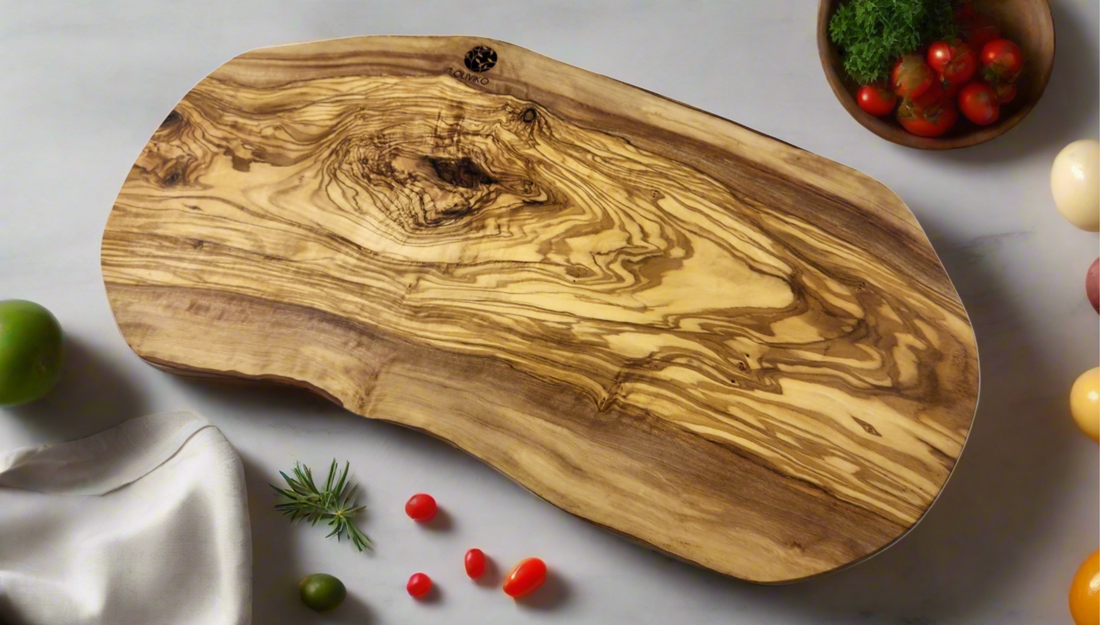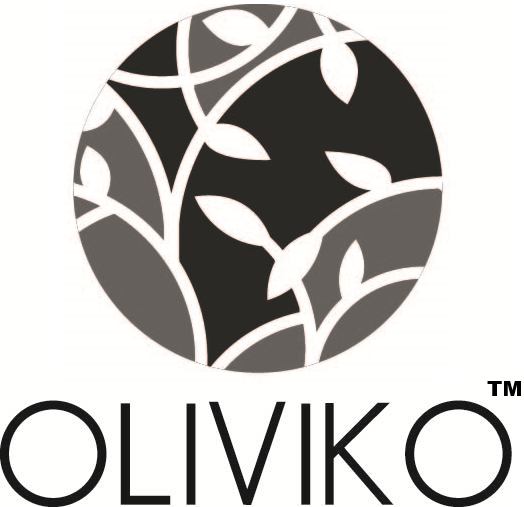
How to Care for Olive Wood Products for Long-Lasting Use
Partager
How to Care for Olive Wood Products for Long-Lasting Use
Olive wood products are beautiful, durable, and a worthy investment that brings elegance to any kitchen. However, olive wood can become dry without proper care, lose its shine, and even crack. Properly maintaining your olive wood utensils, bowls, cutting boards, and other pieces will ensure they remain as stunning as the day you brought them home. Here’s a complete guide to caring for your olive wood to extend its lifespan and keep it looking pristine.
Cleaning Olive Wood: The Right Way
To clean olive wood products, use a gentle solution that avoids drying the wood. Avoid traditional soaps as they can strip the natural oils from olive wood, leading to dryness and dullness over time. Instead, try these effective, natural cleaning options:
- Hydrogen Peroxide and Water: Mix equal parts hydrogen peroxide and water to disinfect and clean your olive wood items without damaging them.
- Lemon Juice and Salt: Create a paste of lemon juice and salt, and gently rub it on the wood to remove stains and add a fresh scent. This method is beneficial for removing any lingering odours.
- Distilled White Vinegar: A mild disinfectant, distilled vinegar diluted with water, will help clean the wood and keep it from bacteria.
After cleaning, always rinse with a damp cloth and immediately dry the item with a towel.
Conditioning Olive Wood with Oil
If your olive wood utensils or boards appear dry, applying food-safe oil will restore their shine and keep the wood from cracking. Use oils like olive, mineral, or beeswax to condition the wood. Apply a small amount of oil to a soft cloth and rub it evenly across the surface, then let it sit for several hours or overnight to allow the oil to penetrate deeply. Wipe off any excess oil to reveal a rejuvenated finish.
Dos and Don’ts of Caring for Olive Wood
- Don’t Soak: Never let olive wood soak in water. Extended exposure to water can cause the wood to warp, swell, or crack.
- Keep Away from Extreme Temperatures: Avoid placing olive wood products in the dishwasher or near hot surfaces. High heat can damage the wood and cause it to lose its natural oils.
- Regular Maintenance: Make it a habit to oil your olive wood every few weeks or whenever it appears dry. This simple step will keep it hydrated and maintain its rich colour.
What to Do If Your Olive Wood Starts to Deteriorate
If you notice your olive wood items becoming dull, dry, or showing small cracks, don't worry—these issues can often be fixed with a bit of extra care:
- Apply More Oil: If the wood is particularly dry, apply two coats of oil, allowing each coat to absorb fully before wiping.
- Sand Out Small Cracks: For minor cracks, lightly sand the area with fine-grit sandpaper, then reapply oil to smooth and restore the surface.
- Deep Clean for Odors or Stains: Occasionally, olive wood may retain odours or stains. Use baking soda and water to scrub the area gently, then rinse and dry immediately.
Final Thoughts
Olive wood is a timeless, natural material that can last for years with proper care. You can preserve the wood's natural beauty and strength by using gentle cleaning solutions, avoiding soap, and regularly oiling. Follow these tips, and your olive wood kitchenware will continue to look and perform beautifully, bringing joy and elegance to your kitchen for many years.
